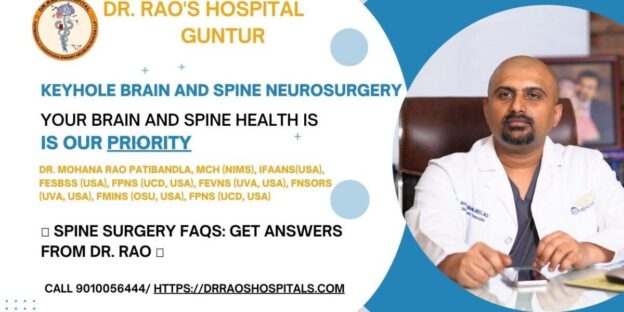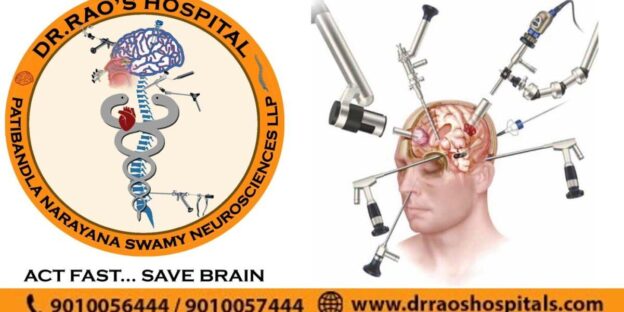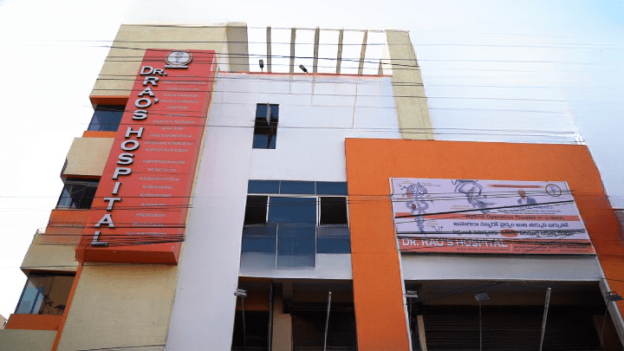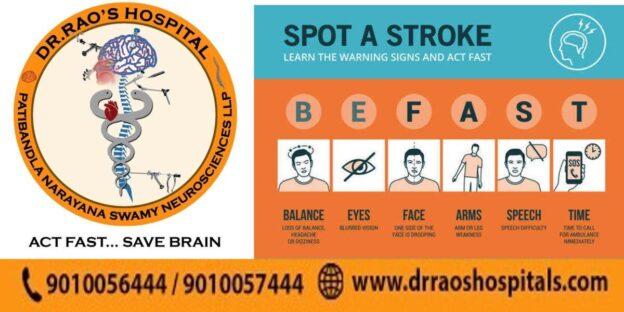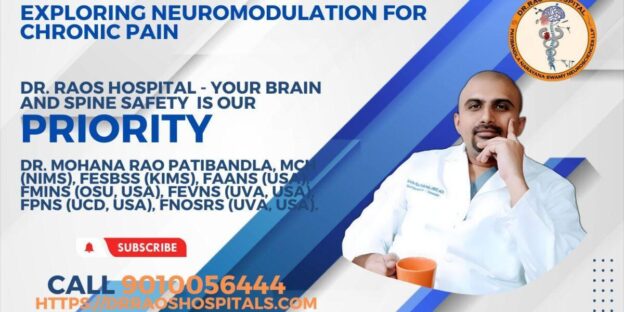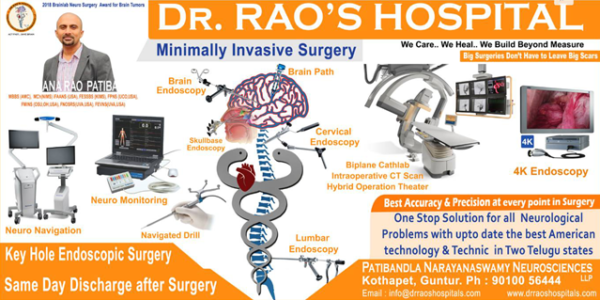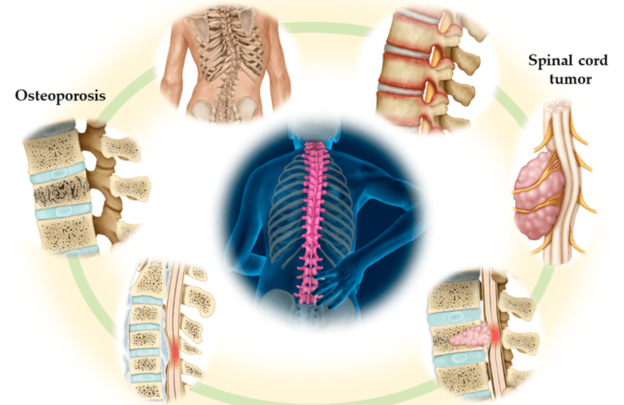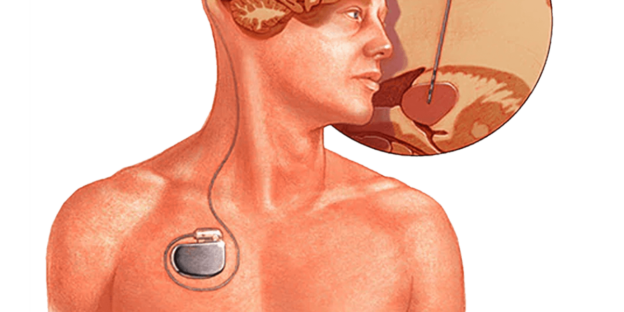Expert Insights: FAQs on Spinal Conditions by Dr Rao
What is the spine?
The spine, also known as the backbone, is the central support structure of the human body. It comprises a series of vertebrae connected by joints, ligaments, and muscles. The spine provides structural support and protection for the spinal cord and allows flexibility for movement.
What are the different parts of the spine?
The spine is divided into five regions: the cervical (neck), thoracic (upper back), lumbar (lower back), sacral (pelvic), and coccygeal (tailbone) regions.
What is a herniated disc?
A herniated disc occurs when the soft, gel-like inner core of a spinal disc protrudes through the more rigid outer layer. The area where the affected disc is located may experience pain, numbness, or weakness.
What is spinal stenosis?
Spinal stenosis is a narrowing of the spinal canal, which can put pressure on the spinal cord or nerve roots. This condition may lead to pain, numbness, or weakness in the extremities.
What is spondylolisthesis?
Spondylolisthesis is when one vertebra slips forward or backward to an adjacent vertebra. This can result in spinal instability and nerve compression.
What is scoliosis?
Scoliosis is an abnormal sideways curvature of the spine. It can lead to an uneven posture and, in severe cases, may affect lung and heart function.
What is kyphosis?
Kyphosis is an excessive forward rounding of the upper back. It can cause a hunchback appearance and may result from poor posture or certain medical conditions.
What is lordosis?
Lordosis is an excessive inward curve of the lower back. It may result in a swayback appearance due to obesity or muscle imbalances.
What are the symptoms of a herniated disc?
Symptoms of a herniated disc can include pain, numbness, tingling, or weakness in the affected area, often radiating down the arms or legs.
How is a herniated disc diagnosed?
A herniated disc is typically diagnosed through a physical examination, imaging tests like MRI or CT scans, and a review of the patient’s medical history.
How is a herniated disc treated?
Treatment for a herniated disc may include rest, physical therapy, medications, and, in some cases, minimally invasive surgery to relieve pressure on affected nerves.
What are the symptoms of spinal stenosis?
Symptoms of spinal stenosis may include pain, weakness, or numbness in the back, legs, or neck, often worsened by walking or standing.
How is spinal stenosis diagnosed?
Diagnosis involves a combination of clinical evaluation, imaging studies, and potentially electromyography (EMG) to assess nerve function.
How is spinal stenosis treated?
Treatment for spinal stenosis can include physical therapy, medications, injections, and, in some cases, surgical procedures to alleviate pressure on the spinal cord or nerves.
What are the symptoms of spondylolisthesis?
Spondylolisthesis may lead to lower back pain, muscle tightness, and, in severe cases, nerve compression symptoms like leg pain or weakness.
How is spondylolisthesis diagnosed?
Diagnosis involves a physical examination, imaging studies like X-rays or MRIs, and assessment of any neurological symptoms.
How is spondylolisthesis treated?
Treatment options include rest, bracing, physical therapy, and surgery in severe cases to stabilize the spine.
What are the symptoms of scoliosis?
Scoliosis may cause an uneven shoulder or hip alignment, spinal curvature, and occasionally pain or discomfort.
How is scoliosis diagnosed?
Diagnosis usually starts with a physical examination and may include imaging studies like X-rays or MRIs to assess the degree of curvature.
How is scoliosis treated?
Treatment depends on the severity and may involve monitoring, bracing, or surgery for more severe cases.
What are the symptoms of kyphosis?
Kyphosis can lead to a hunched-back appearance and may cause pain, stiffness, or discomfort in the upper back.
How is kyphosis diagnosed?
Diagnosis involves physical examination, X-rays, and assessing any associated symptoms.
How is kyphosis treated?
Treatment can include physical therapy, postural exercises, or, in severe cases, surgery.
What are the symptoms of lordosis?
Lordosis may cause an exaggerated inward curve in the lower back, leading to back pain or muscle stiffness.
How is lordosis diagnosed?
Diagnosis usually starts with a physical examination and may include imaging studies like X-rays.
How is lordosis treated?
Treatment may involve physical therapy, posture correction, and, in rare cases, surgical intervention to address severe cases.
Dr. Rao, Dr. Rao’s Hospital, and Their Expertise
Dr. Mohana Rao Patibandla, affectionately known as Dr. Rao, is a highly experienced neurosurgeon with a specialized focus on minimally invasive spine surgery. Dr. Rao’s Hospital is at the forefront of providing comprehensive spine care with an emphasis on minimally invasive techniques. Their commitment to patient well-being and their dedication to offering advanced spinal treatments make them a leading destination for individuals seeking the highest standards of spine care. From herniated discs to complex spinal conditions, Dr. Rao and his team offer cutting-edge solutions to improve the quality of life for their patients.

